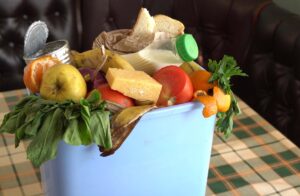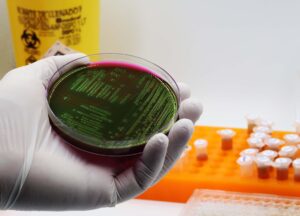
VIRTUAL COURSE
September 17 @ 12:00 pm – September 19 @ 12:00 pm
September 17 @ 12:00 pm – September 19 @ 12:00 pm
The Deibel Laboratories HACCP training program is designed to meet the USDA’s training requirements (9 CFR 417) and provides hazard analysis training for FDA regulated facilities that must have a FSMA mandated Food Safety Plan in place. Food Safety Plans must include an analysis of hazards with associated risk-based preventive controls. This course is accredited by the International HACCP Alliance. Participants receive a certificate with the HACCP Alliance seal upon completion of the course. The training program is conducted by our HACCP Alliance Lead Instructors.
Dr. Robert Deibel was one of the original pioneers of HACCP. He developed the HACCP concept from its original three HACCP principles to five, paving the way for the seven principles in place today. He also developed the first “HACCP Short Course” and pioneered training for industry leaders in the early 1970’s. We are proud of this history and continue this excellent tradition in the courses we teach today.
ABOUT THE COURSE
• This is a 2.5 day interactive virtual class that includes a HACCP Training Manual and a certificate with the HACCP Alliance seal.
• Participants will gain an understanding of HACCP systems and how they are used to manage and control the hazards encountered in food manufacturing facilities. This will include the development of a model HACCP plan
• Discussions will include how to perform a hazard analysis, conduct process validations, prepare for and develop HACCP plan audits, and establish pre-requisite program verifications.
• The integration of HACCP plans into FSMA mandated Food Safety Plans will also be discussed in relation to the FDA regulated food industry.
AT THE CONCLUSION, PARTICIPANTS WILL
• Understand the importance of HACCP Pre-requisite programs including GMPs, Pest Control and Sanitation.
• Be able to recognize the hazards that must be identified when conducting a hazard analysis.
• Learn how manage significant food safety hazards through the use of preventive controls and Critical Control Points (CCPs).
• Understand how to develop and implement a HACCP plan that manages identified hazards with associated controls, and maintains the effectiveness of those controls through verification and validation activities.




